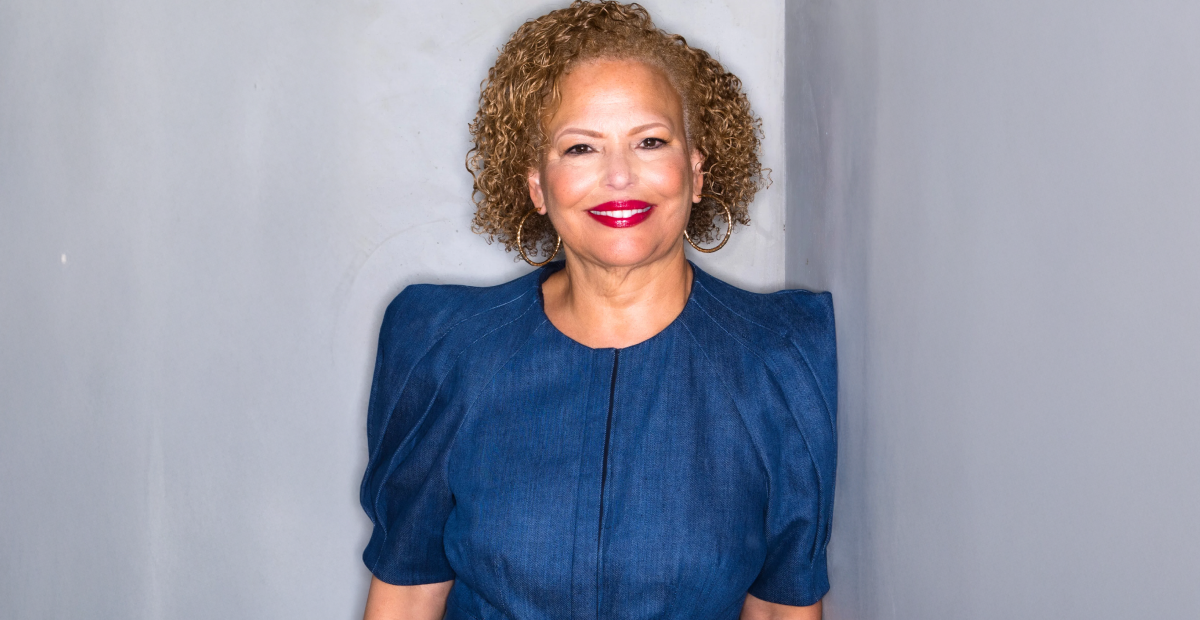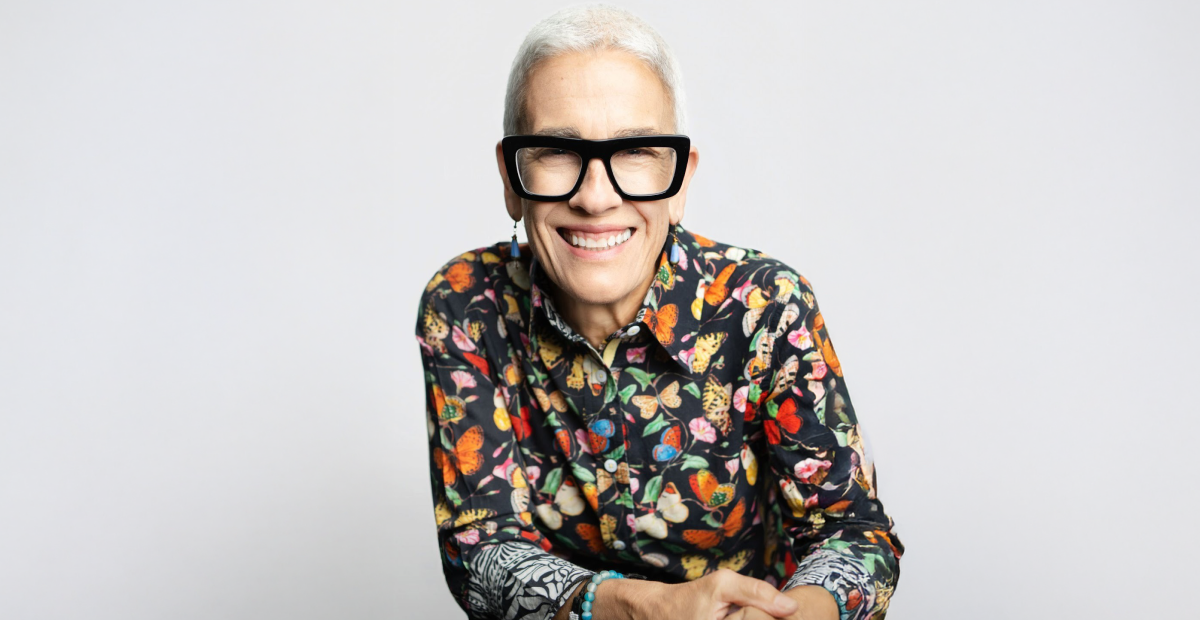When it comes to career advancement, “it’s not always what you know, but who you know,” might be trite, but it’s true. Relationships are key to personal and professional growth.
In fact, more than 80% of women at and above management level said they’ve used networking relationships to join a board, break into the C-Suite, or accept a new job with better pay, according to a 2023 networking study conducted by Chief and intelligence firm Morning Consult
At the first-ever ChiefX conference, New York Times bestselling author, psychologist, and professor Dr. Marisa Franco explained how relationships are essential to everything we do. Quoting psychotherapist Esther Perel, she said, “The quality of our relationships determines the quality of our lives.”
“The most pronounced difference between people who are very unhappy and very happy is their level of connectedness,” said the author of Platonic: How the Science of Attachment Can Help You Make — and Keep — Friends. But as a leading expert in human connection, Dr. Franco also admitted that building solid connections as an adult is sometimes easier said than done. In her conversation with ChiefX attendees, Dr. Franco discussed not only the value of strong relationships, but the three things leaders can do to build them in their career.
Treat Relationship Building as a Skill That Requires Effort and Attention
Dr. Franco debunked the common myth that relationships should be effortless and happen naturally. She emphasized that in adulthood, the best way to build and foster relationships is to put forth deliberate effort and to treat it like any skill that you’re trying to hone.
“Don't assume it will happen organically because it really doesn't,” she said, especially in today’s remote working culture. “Overcome overt and covert avoidance by showing up to places where you could connect, and make sure that you engage with people when you get there.”
Additionally, to conquer any fears of rejection, she suggests leaders enter a room with the assumption that people will like them, so that as they’re forming a connection they aren’t overthinking another person’s perception of them. According to studies, people often underestimate how well they’re liked after interacting with other people, which often impacts their ability to successfully build and cultivate relationships.
Don’t be Afraid to be Vulnerable
Contrary to popular belief, sharing personal struggles and insecurities isn’t always a burden to others. In fact, Dr. Franco pointed to research that explains how being vulnerable about your imperfections and concerns can actually deepen your connection with peers.
“There's this phenomenon called the ‘beautiful mess effect,’” she says. “And it involved participants thinking about doing something vulnerable — like sharing a time that they screwed up at work or a flaw that they think about in their body — and when they thought about how that would come off, they saw it more negatively. But when they thought about how it would come off if another person shared those vulnerabilities, they saw it more positively. So it showed that when we are predicting the impact of our vulnerability, we tend to underestimate just how positively people will receive it.”
To set the stage for being more vulnerable, Dr. Franco suggests asking questions that go deeper than the typical, “What did you do this weekend?” Instead, she says you can ask questions such as, “What’s the last thing you learned?” Or, “What’s one way you hope to grow this year?” And you can lead the way by sharing your response first.
Build Stronger Connections With Increased Exposure
“Another myth when it comes to connection is this idea that either you click or you don't,” says Dr. Franco. “If you don't feel that chemistry in the first couple minutes, then you need to get out of there.” But this mindset does more harm than good because the reality is that many connections are built and strengthened over several interactions.
“There is something called the ‘mere exposure effect,’ which is this idea that by merely being exposed to people over time, we will come to like them,” says Dr. Franco. “You literally don't even have to interact. Just being exposed to each other's faces over time helps to establish that sense of familiarity and it creates a liking.”
In addition to repeatedly putting yourself in spaces and places for connections to happen, Dr. Franco advises leaders to also look for something they like in everybody they meet and make it a point to share it. “The people that are really good at connecting make other people feel like they matter,” she said. “The secret to being likable is to find a way to be loving toward others.”



